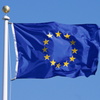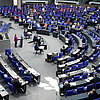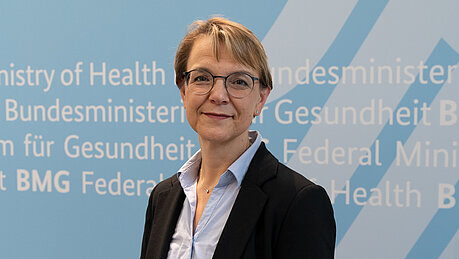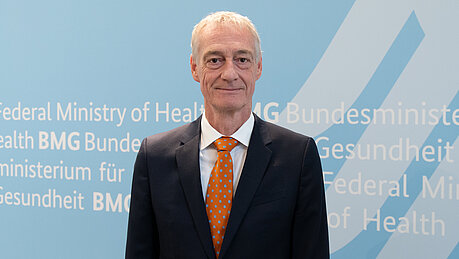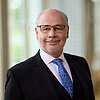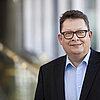World Health Organization (WHO)
The World Health Organization (WHO) is the United Nations' specialized agency for public health with headquarters in Geneva. Founded on 7 April 1948, it comprises 194 Member States.
According to its Constitution, WHO’s objective is the attainment by all peoples of the highest possible level of health. In pursuing this objective, it remains firmly committed to the principles enshrined in the Constitution’s Preamble. Its main task is fighting diseases, especially infectious diseases, and promoting the overall health of all people worldwide.
WHO is at the forefront of the global endeavours to achieve better health for all. One of WHO's central tasks is to develop and harmonise guidelines, standards and methods in health-related areas and to implement them globally. Important fields of action in this context are:
- the worldwide coordination of national and international activities in the fight against communicable diseases such as HIV/AIDS, tuberculosis, hepatitis and influenza,
- the launch of global vaccination programmes and programmes to control health risk factors such as smoking or obesity,
- the regular collection and analysis of global data on health and disease,
- supporting developing countries in setting up health care systems that are as effective and affordable as possible.
Based in Geneva, WHO is grouped into six regions each of which is managed by a Regional Office. In addition, it has more than 150 country offices and employs upwards of 8,000 staff. Its biennial budget currently totals nearly seven billion USD. WHO is governed by the World Health Assembly (WHA), its highest decision-making body. In between the annual WHA meetings, the Executive Board made up of 34 government representatives, is responsible for WHO’s governance. Germany is a member of the WHO EURO region, whose regional office is based in Copenhagen (Denmark).
Germany’s commitment within WHO
Germany has been a member of the World Health Organization since 1948. Its WHO membership provides a central frame of reference for the country’s contribution to global health. Germany aims to support and strengthen WHO in accomplishing its tasks. Therefore, the Federal Government supports reforms within WHO that serve to enhance its structures and core competencies. Germany provides WHO administrative bodies with constructive input.
Among WHO’s Member States, Germany is one of the top donors both in terms of assessed contributions and voluntary contributions.
Youth Delegate Programme
Since 2021, the German Delegation to the World Health Assembly has been complemented by a youth representative from the Youth Delegate Programme of the German Federal Ministry of Health. The programme aims to strengthen the participation of German personnel and young talent in international organisations and global health bodies and to make global health issues and current political discussions more accessible to young people.
Major WHO bodies and institutions
Further information
-
World Health Organization (WHO)
The website of the World Health Organization.
-
Overview page: Global Health
Global health issues call for solutions that also cross thematic borders.The Federal Ministry of Health recaps the major facets of a modern Global Health Policy.







